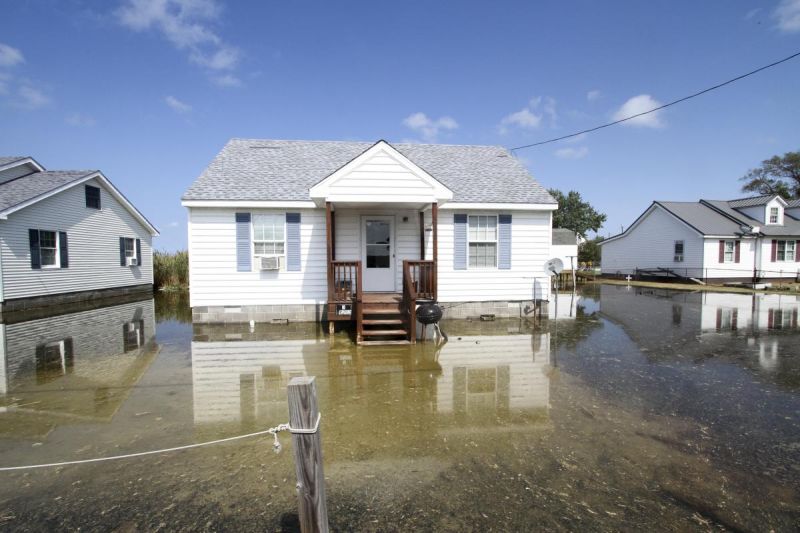The Resilience Adaptation Feasibility Tool (The RAFT)

The Resilience Adaptation Feasibility Tool (The RAFT) is an innovative “collective impact” collaborative approach to climate resilience that leverages the expertise and resources of multidisciplinary partners and diverse stakeholders to assist coastal localities striving to increase their resilience. Coastal resilience is the capacity to anticipate threats, reduce the community’s vulnerability, and respond to and recover from hazardous events and chronic stresses. A community can be vulnerable as a result of its physical location and infrastructure, but social factors within the community, such as access to transportation or medical fragility, can also increase vulnerability. A resilient community, on the other hand, is one that is able to adapt, endure, and thrive in the face of change, uncertainty, and adversity. From hurricane preparedness to appropriate land-use policies to infrastructure protection systems, there are many programmatic and planning steps localities can take to increase their resilience. The RAFT was conceived and developed by an academic interdisciplinary collaborative, the “Core Team,” led by the University of Virginia Institute for Engagement & Negotiation, the Virginia Coastal Policy Center (VCPC) at William & Mary Law School, and Old Dominion University/ Virginia Sea Grant (ODU).


